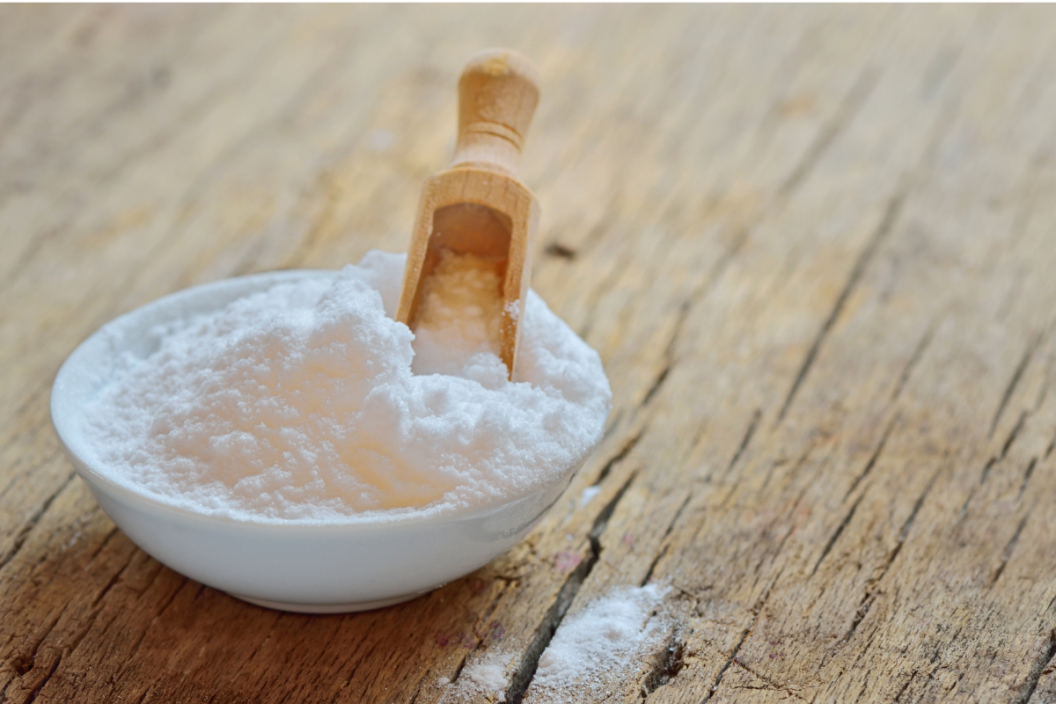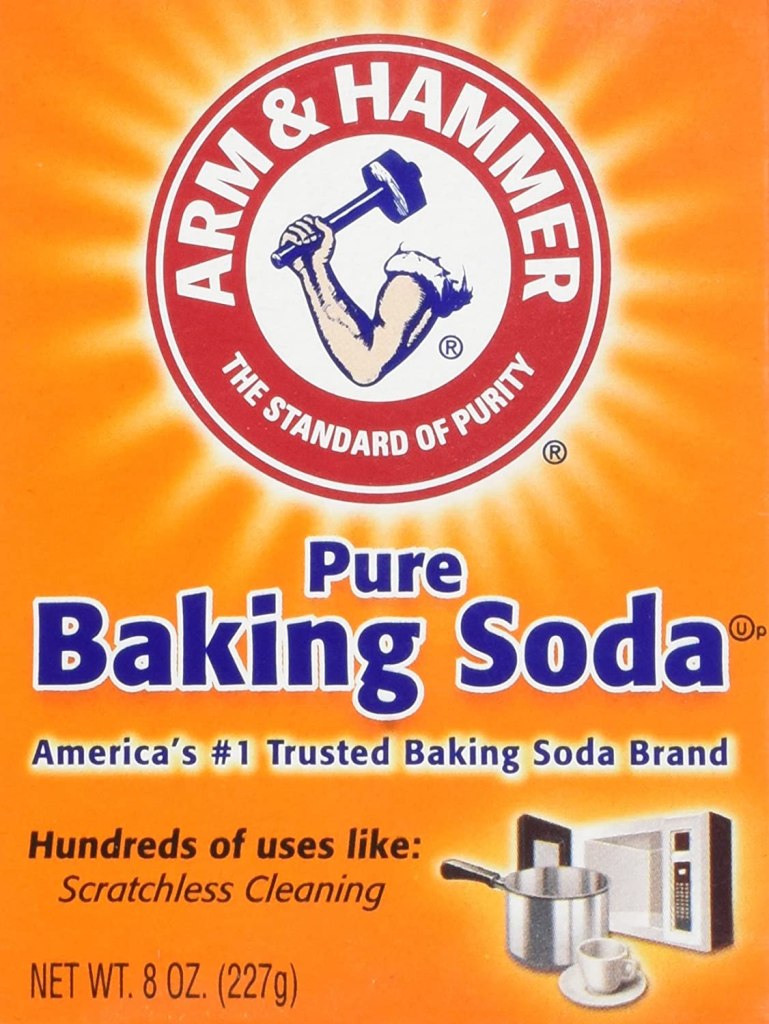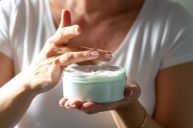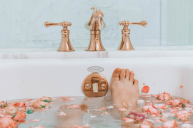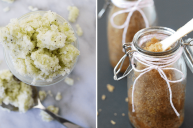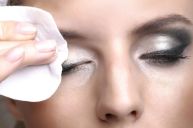If you're over trying to find the perfect face mask for your skincare routine, why not try a home remedy like a baking soda face mask? If you've never heard of using this homemade facial mask, we're here to help.
Videos by Wide Open Country
The baking soda face mask is basically what it sounds like — it's made up of one to two tablespoons of baking soda as well as a few other basic ingredients, depending on which guide to making this mask you choose to follow. Some recipes say to add a little bit of lemon juice or lemon essential oil. Others say to stick to the baking soda, a little bit of facial cleanser, and warm water.
Why Would You Use Baking Soda as a Face Mask?
There are a lot of reasons someone might turn to this DIY method for skincare. For starters, "because of its alkaline composition and antimicrobial properties, some people swear by baking soda as an ingredient that can neutralize inflammation and kill bacteria," Healthline reported. Looking for the perfect skincare products that sport antibacterial and anti-inflammatory properties can be a challenge!
A lot of people turn to these masks to help with acne-prone skin and reduce pimples and as an anti-redness treatment. Plus, as an at-home remedy, it's hard to beat. The consistency of baking soda makes it easy to turn into a paste to exfoliate dead skin cells. It can also be simply removed via gentle circular motions using just warm water and a soft washcloth, Taste of Home noted.
It's possible that baking soda could work to "neutralize" some bacteria that can trigger breakouts, Healthline added. However, the outlet added as a word of caution:
Whether you're treating breakouts, trying to loosen blackheads, exfoliating, or simply trying to even out your skin tone, there's little in the medical literature to support the idea that baking soda does more good than harm.
If you do decide that using baking soda to make a face mask is a good option for you, just be wise about it. Know your skin type, for a start. If you have sensitive skin or are prone to dryness, it might not be the best choice for you.
If you end up applying a baking soda mask to your face, always make sure to wash your face with ample rinsing, and apply a good moisturizer afterward to pamper your skin.
Are you ready to try a DIY face mask?
